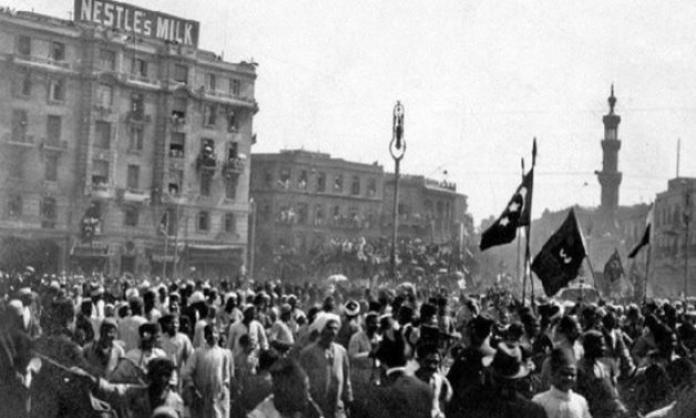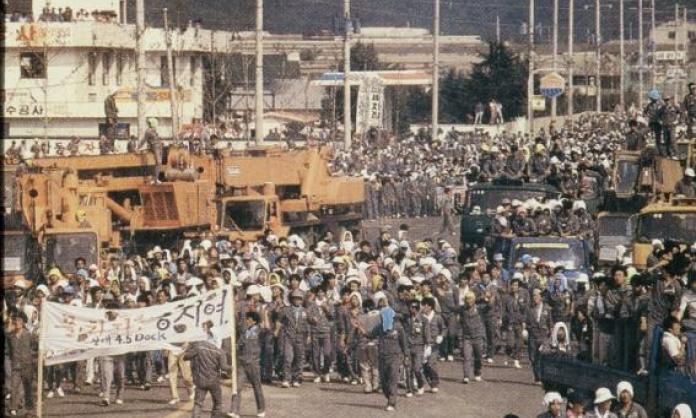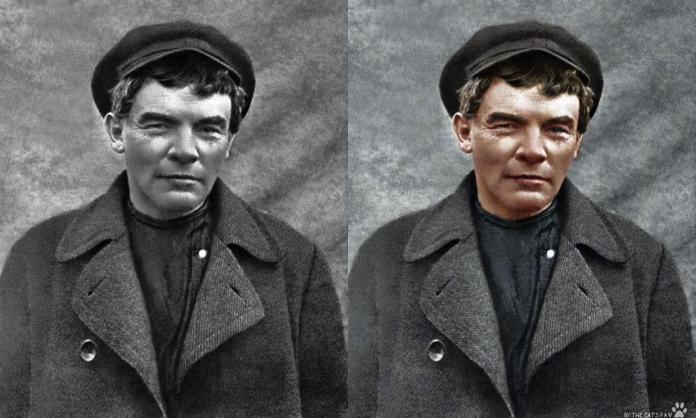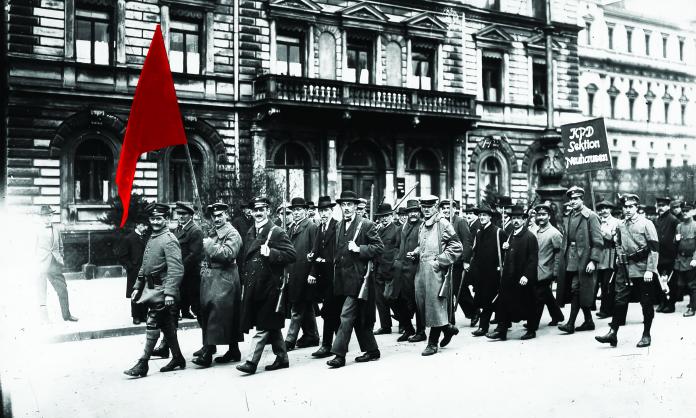“Corus does not make steel. It makes money.” Sir Brian Moffat, chairman of one of the largest steel companies in the world (Corus), was nothing if not honest as he announced mass sackings in 2001.
His frank comment highlights the truth about capitalism – production is motivated by profit, not need.
This simple fact is the reason that more than 7.5 million people die of hunger each year while enough food is produced to feed the world’s population nearly two times over. It is the reason that $557 billion is spent on advertising worldwide at the same time as 768 million people have no access to clean drinking water and a further 2.5 billion no proper sanitation. It is why, in 2012, a year in which more than six million workers were sacked from their jobs, global production of luxuries expanded nearly 10 percent, far outstripping GDP growth.
Where profit can be made, investment goes; and where products can be afforded, they are sold. Poor people are left to starve, and basic infrastructure is denied if there is no money to be made.
Socialism, by contrast, is about production to meet human needs. It is a society in which the enormous productive capacity of humanity would be used to improve the living standards of the vast majority of people in the world.
It is a society in which democracy would be extended far beyond what is conceded under capitalism. Those who produce and use the wealth and resources – the working class – will democratically decide what is produced, under what conditions and for whom.
But this can’t happen while the minority who currently own and control production, and the state that protects their interests ideologically, legally and physically, remain in power.
The CEOs, managers, directors, ministers and top public servants will need to be overthrown and their ruling institutions dismantled and replaced by democratic structures in which the mass of working people actively participate.
Such democratic structures would bring together workers from different industries, backgrounds and geographical areas to take democratic control over production and distribution.
Instead of being run in order to enrich their owners, the factories, communication facilities, transport networks and power plants would be run by those who also operate them, and used to meet the needs of the mass of workers, their dependents and others oppressed and marginalised by capitalist society.
The process of workers realising their power and reorganising society according to their needs would begin to challenge the “common sense” of capitalist society and profoundly change the ways in which people relate to each other.
Mutual respect, cooperation and democracy would be paramount and a practical necessity in order to ensure the greatest degree of participation, which would also strengthen working class power. The competition, individual advancement and division along national, gender or racial lines that is presented as natural under capitalism would be more clearly seen for what it is – divisive, artificial and primarily serving to weaken working class solidarity.
The most developed demonstration of socialism occurred in Russia beginning in 1917, when mass democratic workers’ councils, known as soviets, took over the running of society. Drawing its power from an extensive network of democratic committees in factories, as well as in the army and among the peasantry, the soviet government introduced far-reaching social and economic reforms that, among other advances, ended the slaughter of World War I, granted independence to oppressed nationalities, recognised same-sex relationships and removed all legal discrimination against women.
Although tragically short-lived, this experience demonstrated that workers can run society themselves, and that they have no interest in maintaining social inequalities or division.
Socialism therefore has nothing to do with the one party dictatorships, nor is it simply state-funded health care, as some would have it. It is, as the Russian revolutionary leader V.I. Lenin put it, “vital and creative ... the creation of the popular masses themselves”.









